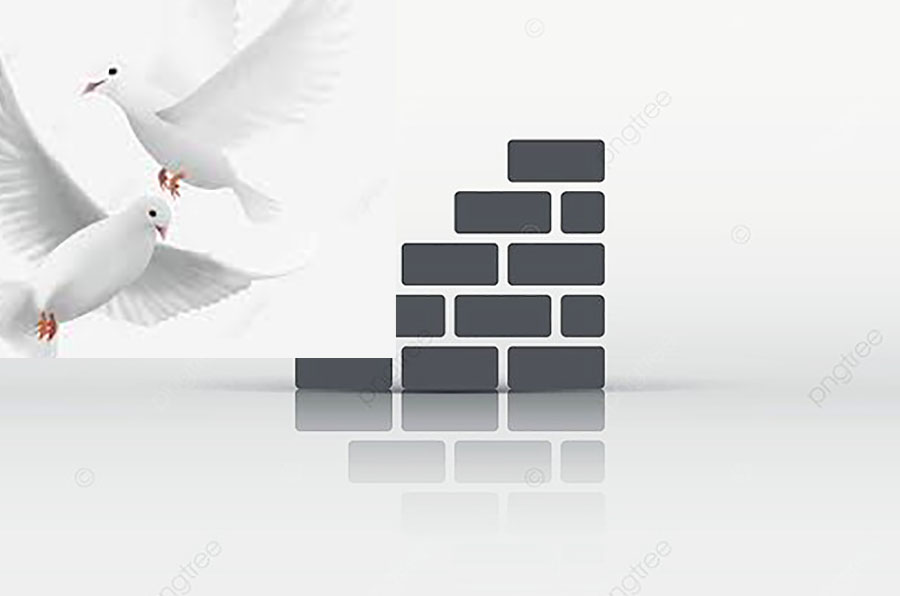
What is peacebuilding?
Peacebuilding is primarily based on dealing with the underlying causes of peoples fighting among themselves in the first place, as well as supporting societies to manage their differences and conflicts without resorting to violence.
It aims to prevent the outbreak, escalation, persistence and recurrence of violence that can emerge before, during and after conflicts.
It is a long-term and collaborative process because it involves changes in attitudes, behaviours, customs and institutions.
What contributes to peace?
We believe that peace is more than the absence of violence. While the period following the prediction of fighting and printed return to normalcy is welcome, stability often masks the fact that grievances or other causes of conflict have not been addressed and may resurface. Peacebuilding organizations such as International Alert ultimately seek to promote what is described as "positive peace".
To understand peacebuilding, we need to appreciate the factors contributing to peace, the absence of which may lead to conflict. Positive peace is resolved when:
- Everyone lives in safety, without fear or threat of violence, and no form of violence is permitted by law or practice.
- Everyone is equal before the law, justice systems are reliable, and fair and effective laws protect peoples rights.
- Everyone is able to participate in the formulation of political decisions and the Government is accountable to the people.
- Everyone has equitable and equal access to basic needs that guarantee his or her well-being - such as food, clean water, shelter, education, health care and a decent living environment.
- Everyone has equal opportunities to work and earn a living, regardless of gender, race or any other aspect of identity.
These are the factors that, if combined, provide people with resilience that allows them to deal with their differences and disputes without resorting to violence.
What includes peacebuilding?
Peacebuilding approaches and methods are diverse, but ultimately all work to ensure that people are safe from harm, have access to law and justice, are involved in political decisions that affect them, have better economic opportunities and have more generous livelihoods.
Some of the ways in which this can be achieved are:
- Bringing different groups together to build confidence and promote reconciliation.
- Engage in various forms of diplomacy and support formal peace processes.
- Promotion of democracy and inclusive policy (e.g., inclusion of marginalized groups, launch of active citizenship initiatives, etc.).
- Improving justice systems (e.g. anti-corruption initiatives, constitutional reforms, access to justice initiatives, establishment of truth commissions, etc.).
- Work to improve societys security and shape the behaviour of the security forces.
- Work in collaboration with business and trade to create sustainable jobs or improve employment practices in this sector.
- Improving infrastructure and urban and rural planning.
- Create free and comprehensive media.
- Making development programmes (health, education, economic development) in conflict zones more sensitive to conflict dynamics so that they intentionally contribute to peace.
More importantly, peacebuilding is achieved collaboratively, at the local, national, regional and international levels. Individuals, communities, civil society organizations, Governments, regional bodies and the private sector play a role in peacebuilding. To sustain positive change, everyone affected by violent conflict must participate in the peacebuilding process.
Source: International Alert

